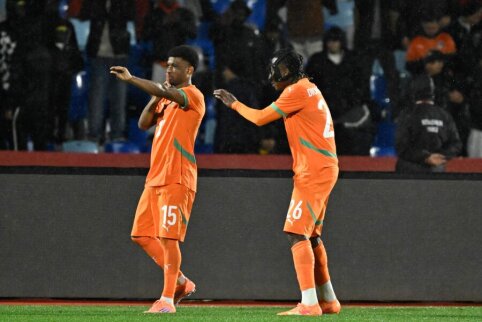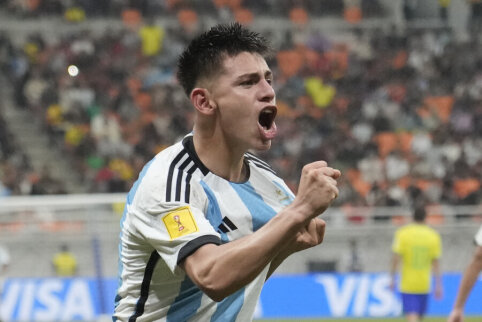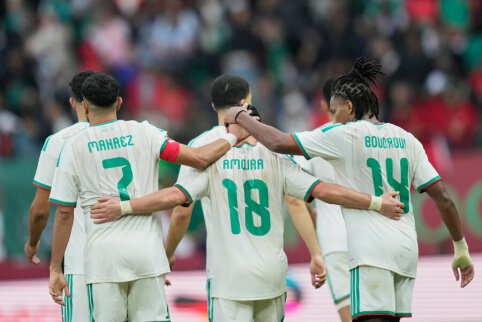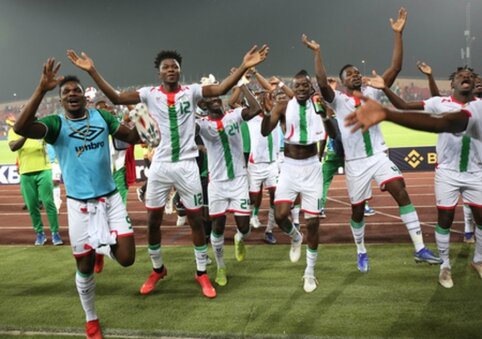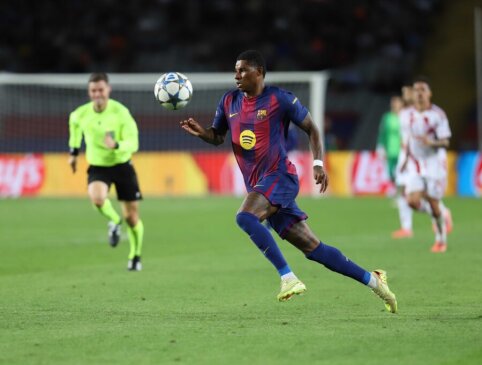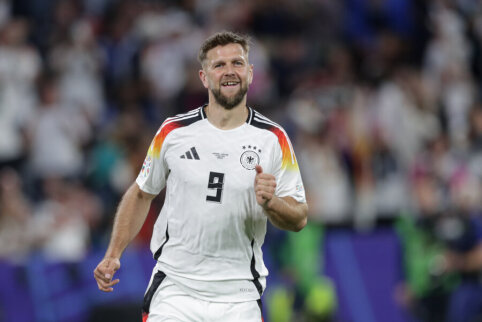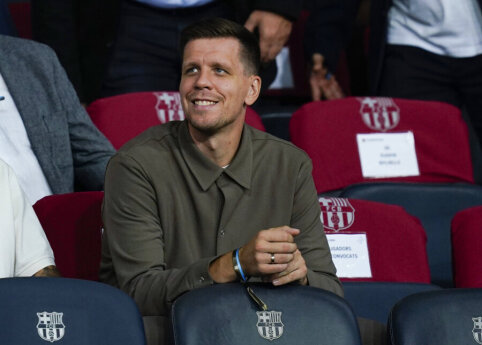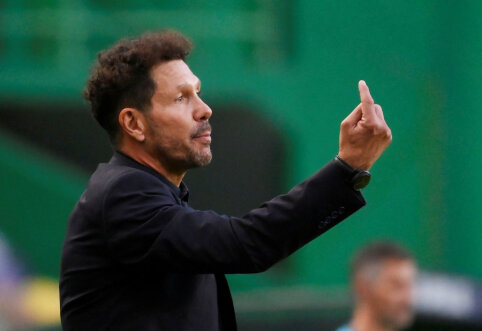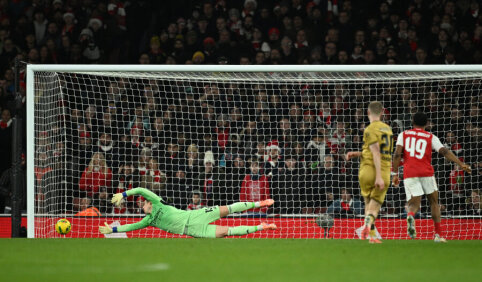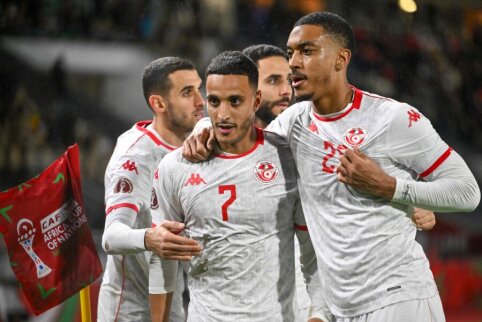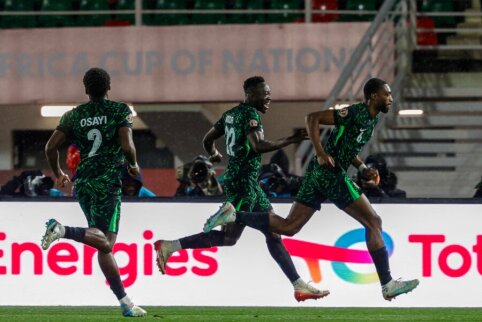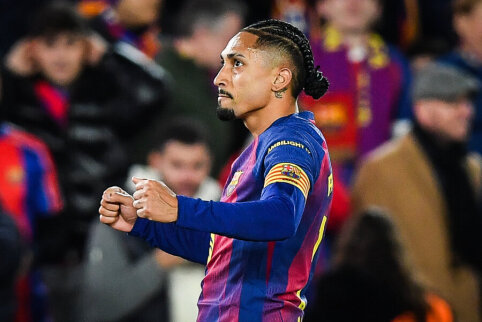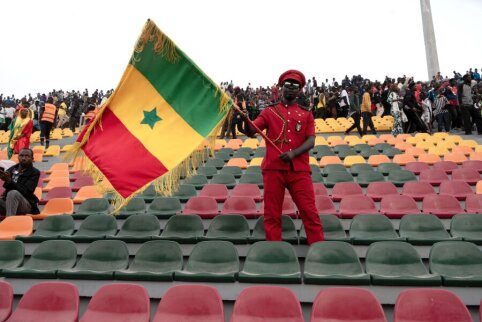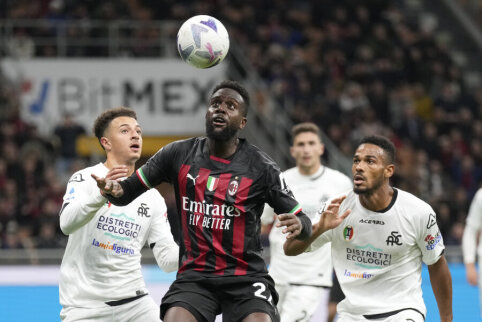T
he most prestigious FIFA tournament has always grown and expanded, and now there is no reason to object to the latest innovations. No one could deny that expanding the World Cup to 48 teams starting in 2026 will earn FIFA President Gianni Infantino massive political capital. The additional 16 teams - increasing the number from 32, which was established in 1998 - will give Infantino more support among rising football nations. Enriching not only established national associations financially and competitively, but also allowing Infantino to undoubtedly maintain his influence. This was a move initially laid out by Joao Havelange and smoothed by Sepp Blatter. However, just because the World Cup expansion to 48 teams brings political benefits to Infantino does not mean that this idea is bad. Several influential people support this FIFA initiative, including former World Champion Diego Maradona and Manchester United coach Jose Mourinho. "I am happy with Gianni's initiative, because it gives those teams, which otherwise would start qualifying knowing they have no chance of entering the World Cup," said Maradona. "It gives every country a dream and renews passion for football. For me, this is a fantastic idea." The World Cup has always undergone continuous evolution, so we should not be afraid of recent organizational changes. The 32-team format may seem fair to the current generation, and the 24-team format likely seemed fair to the previous generation. Nevertheless, a balance must be struck between a fair, intriguing tournament and the opportunity for more teams to qualify. This is what the World Cup should be concerned with. Under the current rules, when UEFA delegates 13 out of 32 teams, CAF (African Football Confederation) gets five, and AFC (Asian Football Confederation) gets four and a half spots, it is impossible to deny existing inequalities benefit Europe. FIFA Council's decision to allocate more spots to Africa and Asia slightly takes this into account. However, perhaps the World Cup is actually controlled by entirely different big money, like the offers from Jackpot Casino Lithuania, and this harms modern sports altogether? Controversies may arise regarding the abilities of new teams, but it should be noted that currently, at the end of the top 50 teams in the FIFA rankings are Serbia, Greece, the Czech Republic, Japan, Denmark, Australia, and DR Congo. It seems that there are more good teams in the world than just the 32 that can enter the World Cup. Any national team that does not cross the qualification barrier in the current format should be positively included in the tournaments. Being there and experiencing participation will open the eyes and minds of many football players, coaches, administrators, and fans, showing what it takes to compete at the highest level. There is also a financial aspect. From 2018 World Cup onwards, participants will earn at least $12 million just for reaching the group stage - such money could sustain smaller national associations for years. Such funding would help permanently change the football landscape in countries where governmental priorities...
...are elsewhere. Theoretically, this money should help lay the groundwork for improving infrastructure, equipment, and training for future generations. It is currently the case that those countries with the most developed football economies top the leaderboard at the World Cup. From 2026 onwards, more countries will have access to sums of money that can make a difference. Whether this money ends up in the right or the most deserving hands is a separate question. However, it is also clear that logistics must be prepared over the coming months or years, and it now seems that, given the tournament's scale, the US will try to host it. How many more potential hosts can guarantee 48 world-class training facilities in nine years? Concerns about increasing the workload for the best players can be dismissed. The dissatisfaction of the European Club Association in this regard is unfounded. Teams will still play a maximum of seven tournament matches, and those who are eliminated in the first stage will only play two. "I would like there to be three teams in each group. Two matches, and then you go to the knockout rounds or go home," Mourinho said. "This way, group matches are very important, and the knockout rounds are a further stage, which provides even more excitement. Teams with less potential and experience will likely play two matches and go home." Of course, the possibility of a "biscotto," when two teams playing on the last day agree on a result that suits both sides, is obvious, but FIFA's plan to decide drawn matches by penalties can solve everything. There will be few changes in European qualification - the addition of teams will not significantly reduce the total capacity, but major changes could occur in America. The president of the Venezuelan Football Federation, Laureano Gonzalez, revealed that Infantino wanted to merge the Conmebol and Concacaf qualifications, thereby forcing South and North American teams to compete together. The World Cup - and football in general - is...
...not a platform for constant battles between the strongest European countries and Brazil or Argentina. It belongs to everyone. The statement that including new and developing football nations in the tournament will somehow reduce its quality is snobbish. How else can teams improve? Aren't fans from all continents equally deserving of enjoying the atmosphere brought by the World Cup? Additionally, is there really a team that cannot win it?


